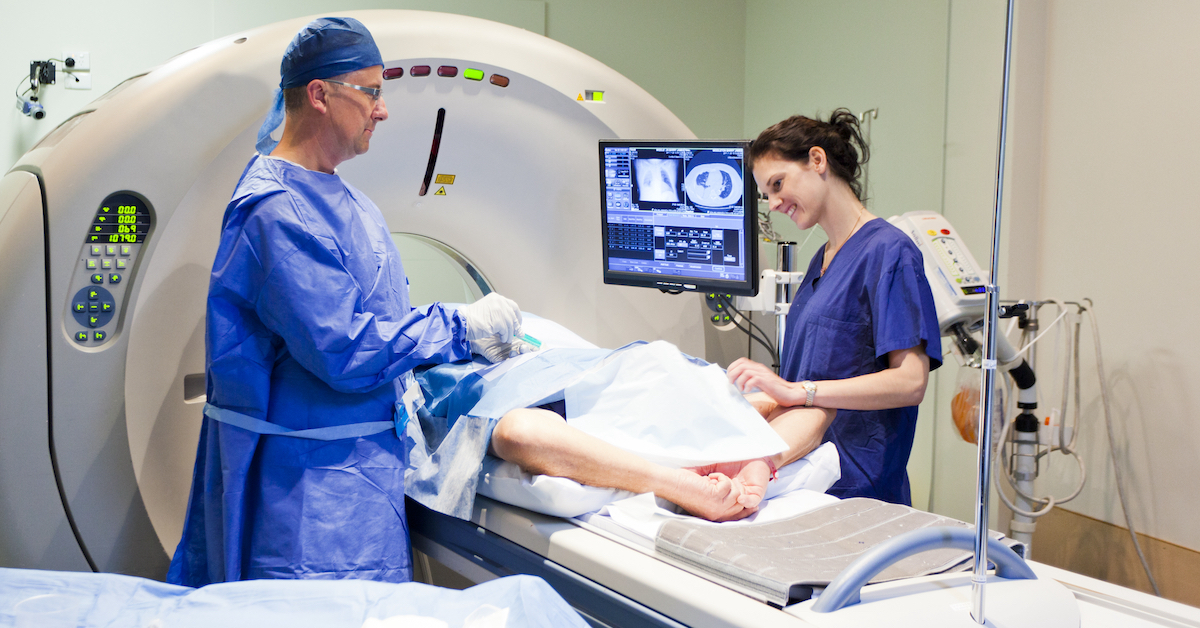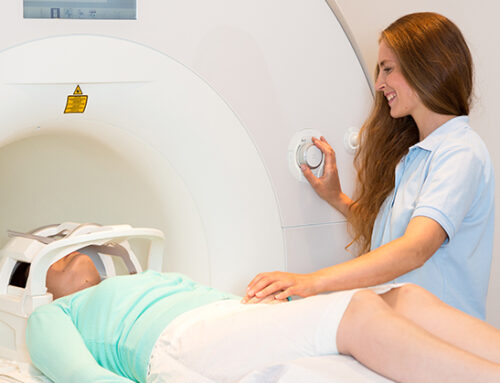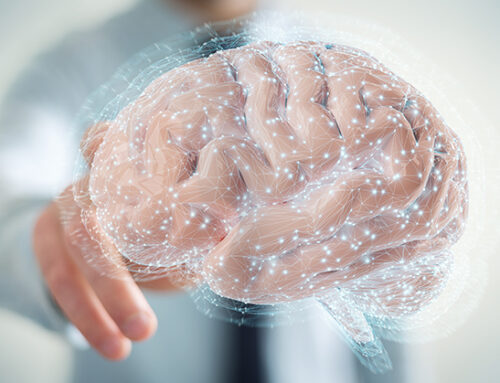A patient with suspected Alzheimer’s may undergo a range of tests and examinations before a diagnosis is ever reached. This is time consuming, and, in the end, the diagnosis might not even be accurate.
The reality is, up until recently, it was very difficult to diagnose Alzheimer’s with certainty until after death, during an autopsy of the brain.
But researchers believe that a new test might offer a quick and highly accurate diagnosis from only one common brain scan. The science shows that this scan can not only confirm the patient has Alzheimer’s, but it can detect it at a very early stage.
Here’s the important story…
When a patient develops memory loss and difficulties with thinking, problem solving and language, it’s time to assess whether they have dementia.
This can involve a medical history and examination, neurological and cognitive tests, blood or cerebrospinal fluid tests, and a brain scan.
To cut this long and costly process down to a single test would be a major advance. A team of researchers from Imperial College London think they’ve achieved just that.
Supercharged MRI
The new test requires a single scan using a standard MRI found in most hospitals. This is already used to help diagnose Alzheimer’s by looking for a buildup of protein deposits and shrinkage of the hippocampus – a key memory area – in patients suffering the symptoms of memory loss. But there’s a feature that’s been added to the scan that turns a standard MRI into something far more advanced.
The researchers adapted an algorithm developed for use in classifying cancer tumors and applied it to the brain.
They divided the human brain into 115 regions and allocated 660 different features, such as size, shape, and texture, to assess each region. They then trained the algorithm to identify where changes to these features could accurately predict the existence of Alzheimer’s disease.
To test the system, they scanned the brains of 400 patients with early and late stage Alzheimer’s, as well as patients with other neurological conditions – including frontotemporal dementia and Parkinson’s disease – and healthy subjects. They also tested it on over 80 patients already undergoing diagnostic tests for Alzheimer’s.
The findings are extremely promising.
98 Percent Accurate
They found that in 98 percent of cases, the MRI-based machine learning system alone could accurately predict whether the patient had Alzheimer’s disease or not. It also distinguished between early and late-stage Alzheimer’s with an accuracy of 79 percent.
The new system also identified changes in the cerebellum, which coordinates and regulates physical activity, and the ventral diencephalon, which is involved with sight and hearing. This finding opens new areas of research, as neither of these brain regions had previously been linked to Alzheimer’s.
Professor Eric Aboagye, who led the Imperial College team, explained, saying, “Currently no other simple and widely available methods can predict Alzheimer’s disease with this level of accuracy, so our research is an important step forward.
“Many patients who present with Alzheimer’s at memory clinics do also have other neurological conditions, but even within this group our system could pick out those patients who had Alzheimer’s from those who did not.
“Our new approach could also identify early-stage patients for clinical trials of new drug treatments or lifestyle changes, which is currently very hard to do.”
The Extra Detail Is A Breakthrough
Dr. Paresh Malhotra, another member of the research team, added, “Although neuroradiologists already interpret MRI scans to help diagnose Alzheimer’s, there are likely to be features of the scans that aren’t visible, even to specialists.
“Using an algorithm able to select texture and subtle structural features in the brain that are affected by Alzheimer’s could really enhance the information we can gain from standard imaging techniques.”







